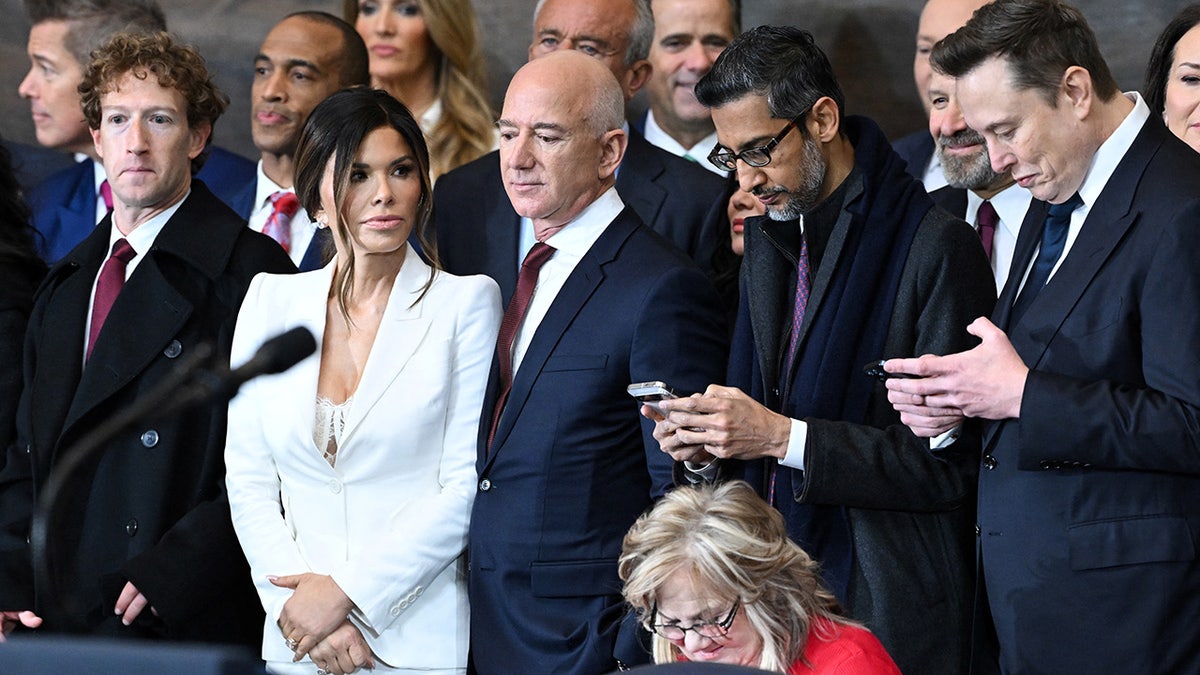At his Mar-a-Lago retreat, President-elect Donald Trump is engaging in a series of crucial meetings with House Republicans this weekend. These discussions aim to bridge the ideological gaps within the party and pave the way for a comprehensive conservative policy transformation. The gatherings also serve as a critical test of Trump's influence over Congressional Republicans, particularly in light of historical divisions on fiscal matters.
A key GOP lawmaker, speaking to Fox News Digital, emphasized the objective of these meetings: "The president is bringing various factions together to ensure everyone is on the same page regarding our achievable goals. While there's general agreement on the broader objectives, specific issues will inevitably raise concerns. We need to address these challenges collaboratively."

Friday's meeting includes members of the House Freedom Caucus, some of whom opposed a government funding bill supported by Trump last month. Subsequent meetings are scheduled with senior Republicans, House committee chairs, and GOP lawmakers representing blue states. These discussions come amid internal debates regarding the budget reconciliation process, a powerful legislative tool that allows a governing party to advance its agenda with a simple majority in the Senate.
Republicans are exploring the use of reconciliation to address border security, energy policy, defense spending, and the extension of Trump's 2017 tax cuts. A central point of contention is whether to pursue these goals through one comprehensive bill or split them into two separate pieces of legislation. Advocates of a two-track approach believe an initial bill focusing on border security and energy policy would secure an early win. Conversely, proponents of a single bill argue that passing two reconciliation bills is politically challenging and could jeopardize the extension of the tax cuts.

Further disagreements exist regarding specific policy details, such as raising the cap on state and local tax (SALT) deductions. This proposal is supported by blue-state Republicans but opposed by representatives from rural districts. Rep. Nicole Malliotakis (R-N.Y.) highlighted the importance of these discussions for addressing priorities such as SALT deductions, tax relief for seniors, and incentivizing pharmaceutical manufacturing within the United States.

Rep. Barry Moore (R-Ala.), a member of the House Freedom Caucus, emphasized the importance of border security in the upcoming meeting with Trump. He stressed the need for a unified approach to address border security funding while also pursuing spending cuts. Rep. Russell Fry (R-S.C.), a strong Trump supporter, downplayed concerns about internal disagreements, highlighting the importance of dialogue in achieving legislative success. While Trump has expressed a preference for a single-bill approach, he remains open to a two-bill strategy. The ultimate decision on how to proceed with reconciliation will significantly impact the Republican legislative agenda in the coming months.








